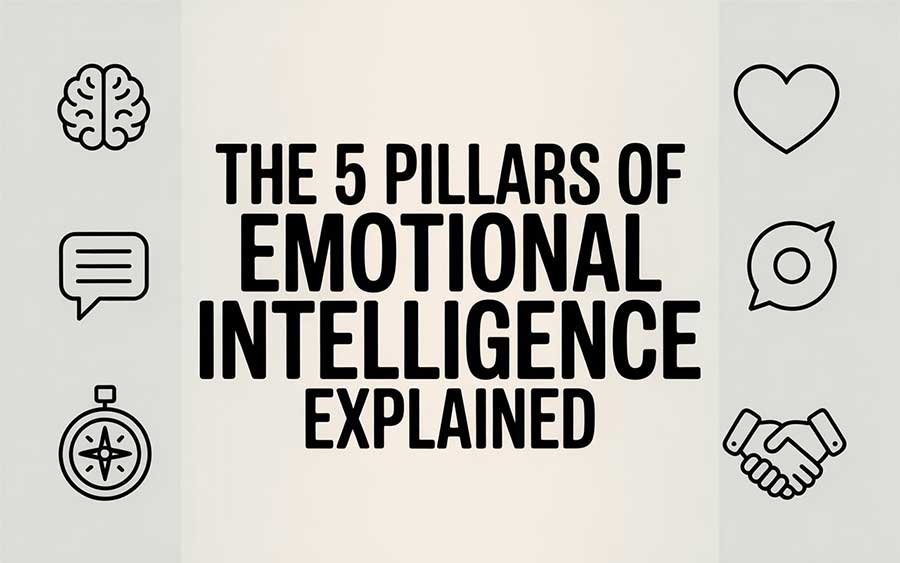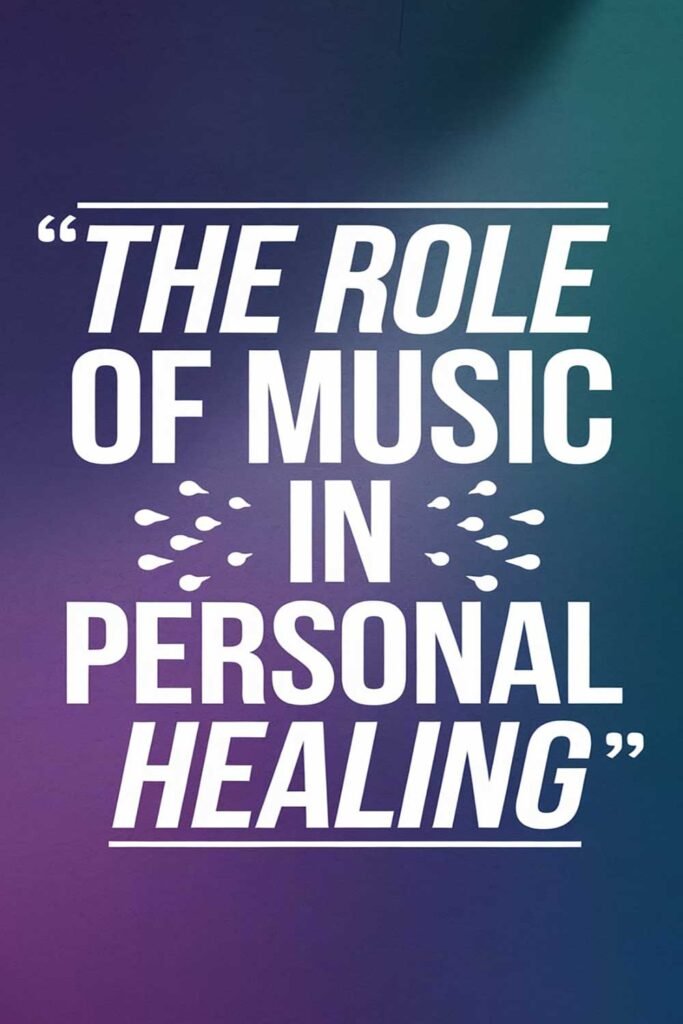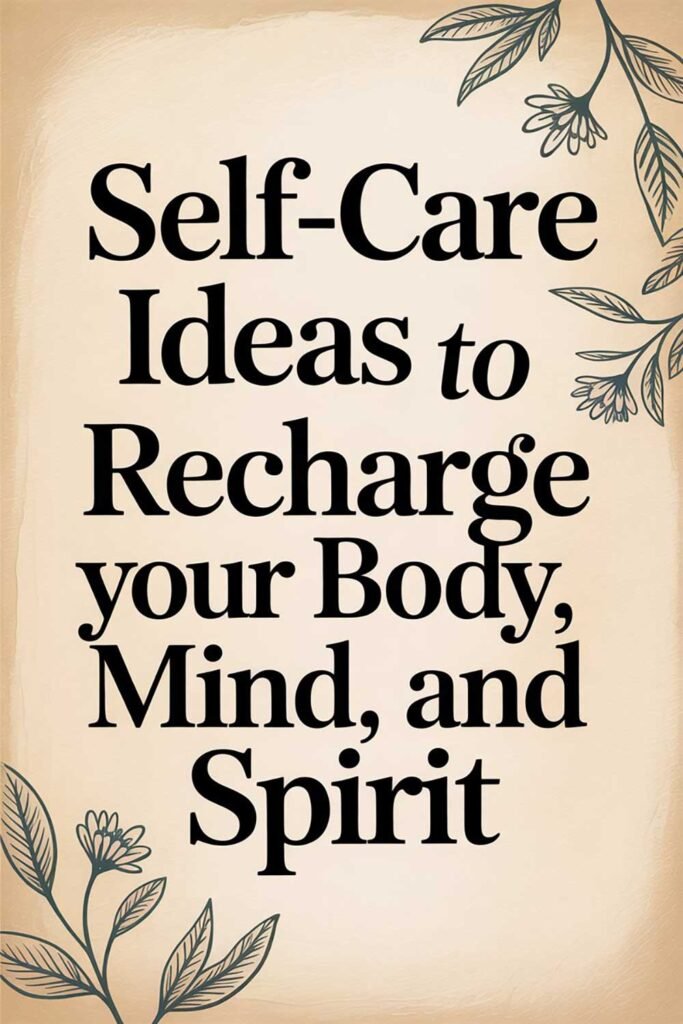
The 5 Pillars of Emotional Intelligence Explained
Emotional Intelligence (EQ) is often more important than IQ when it comes to success in relationships, careers, and overall life satisfaction. It’s the ability to understand, manage, and express emotions effectively — and to handle interpersonal relationships with empathy and skill.
The good news? Emotional intelligence isn’t fixed. It can be developed.

In this in-depth guide, we’ll break down the 5 core pillars of emotional intelligence, explain how they affect your daily life, and show you how to strengthen each one.
What Is Emotional Intelligence?
Emotional intelligence is the capacity to:
- Recognize your own emotions
- Understand what they’re telling you
- Manage those emotions effectively
- Recognize emotions in others
- Respond with empathy, respect, and understanding
It was popularized by psychologist Daniel Goleman, who identified five key components. Let’s explore each.
Pillar 1: Self-Awareness
Definition: The ability to recognize and understand your moods, emotions, and drives, as well as their effect on others.
Why it matters: Self-awareness is the foundation of emotional intelligence. Without it, you can’t understand how your thoughts and emotions affect your behavior.
How to improve it:
- Journal daily to reflect on emotions
- Pause before reacting
- Ask trusted friends for honest feedback
Real-Life Example:
Jessica, a project manager, kept getting frustrated in meetings. Once she started journaling, she realized her anger stemmed from feeling unheard. With that awareness, she changed her communication style — and her stress levels dropped.
Pillar 2: Self-Regulation
Definition: The ability to control or redirect disruptive emotions and impulses and think before acting.
Why it matters: Self-regulation helps you stay calm under pressure, make thoughtful decisions, and build trust with others.
How to improve it:
- Practice mindfulness or deep breathing
- Develop coping strategies for stress
- Remove yourself from heated situations when needed
Real-Life Example:
Derek, a high school teacher, used to lose his temper with disruptive students. After learning breathing techniques and emotional pausing, he began handling situations with calm authority — and earned more respect from his class.
Pillar 3: Motivation
Definition: A passion to work for reasons that go beyond money or status — a deep inner drive to pursue goals with energy and persistence.
Why it matters: Motivated people are more productive, optimistic, and resilient in the face of failure.
How to improve it:
- Set personal and professional goals that excite you
- Celebrate small wins
- Remind yourself why your work matters
Real-Life Example:
Leila, an aspiring writer, kept facing rejection from publishers. But her internal motivation to share her story pushed her to self-publish. Her book found an audience and changed lives.
Pillar 4: Empathy
Definition: The ability to understand the emotional makeup of other people and treat them according to their emotional reactions.
Why it matters: Empathy is essential for building and maintaining healthy relationships. It allows for better communication and deeper connection.
How to improve it:
- Practice active listening
- Ask open-ended questions
- Imagine yourself in someone else’s position
Real-Life Example:
Ben, a team leader in tech, struggled with turnover on his team. After learning to tune into his employees’ emotional cues and checking in regularly, morale improved and retention increased.
Pillar 5: Social Skills
Definition: The ability to manage relationships, build networks, and find common ground.
Why it matters: Strong social skills help you lead, influence, and connect with others. It makes collaboration and conflict resolution far more effective.
How to improve it:
- Learn to communicate clearly and effectively
- Practice conflict resolution
- Develop your ability to influence and persuade
Real-Life Example:
Nina, a shy marketing assistant, took a course on communication and networking. Within a year, she was promoted to manager and now regularly leads client presentations with confidence.
Why EQ Matters More Than Ever
In today’s fast-paced world, technical skills alone aren’t enough. People with high EQ tend to:
- Lead more effectively
- Handle stress better
- Navigate change with resilience
- Build stronger relationships
Whether you’re managing a team, parenting, in a relationship, or just trying to understand yourself better — emotional intelligence is the key to living well.
20 Quotes to Inspire Emotional Intelligence
- “Anyone can be angry – that is easy. But to be angry with the right person, to the right degree, at the right time… that is not easy.” — Aristotle
- “When awareness is brought to an emotion, power is brought to your life.” — Tara Meyer Robson
- “Feelings are much like waves. We can’t stop them from coming but we can choose which one to surf.” — Jonatan Martensson
- “Knowing others is intelligence; knowing yourself is true wisdom.” — Lao Tzu
- “Emotions can get in the way or get you on the way.” — Mavis Mazhura
- “You have power over your mind – not outside events. Realize this, and you will find strength.” — Marcus Aurelius
- “Speak when you are angry and you will make the best speech you will ever regret.” — Ambrose Bierce
- “The most fundamental aggression to ourselves, the most fundamental harm we can do to ourselves, is to remain ignorant by not having the courage to look at ourselves honestly and gently.” — Pema Chödrön
- “Until you make the unconscious conscious, it will direct your life and you will call it fate.” — Carl Jung
- “Self-awareness doesn’t stop you from making mistakes, it allows you to learn from them.” — Unknown
- “Empathy is seeing with the eyes of another, listening with the ears of another and feeling with the heart of another.” — Alfred Adler
- “Emotional intelligence is the ability to use emotion to increase your own and others’ success.” — Jeanne Segal
- “The greatest ability in business is to get along with others and to influence their actions.” — John Hancock
- “Be curious, not judgmental.” — Walt Whitman
- “Mastering others is strength. Mastering yourself is true power.” — Lao Tzu
- “When you know yourself, you are empowered. When you accept yourself, you are invincible.” — Tina Lifford
- “It is very important to understand that emotional intelligence is not the opposite of intelligence, it is not the triumph of heart over head – it is the unique intersection of both.” — David Caruso
- “People don’t always remember what you said or did, but they remember how you made them feel.” — Maya Angelou
- “Your EQ is the level of your ability to understand other people, what motivates them and how to work cooperatively with them.” — Howard Gardner
- “You cannot control the behavior of others, but you can always choose how you respond to it.” — Roy T. Bennett
📸 Picture This
Picture walking into a room and instantly sensing the mood. You adjust your tone, read the situation, and speak with clarity and compassion. You handle a tough conversation with ease. You recognize when you’re triggered and pause instead of reacting. You support others without burning yourself out.
You are emotionally intelligent — not perfect, but powerful, present, and aware.
What would change in your life if you made EQ your new superpower?
📢 Please Share This Article
If this article helped you better understand emotional intelligence or inspired you to grow in one of these pillars, share it with someone who would benefit too. Emotional intelligence grows when it’s practiced together.
⚠️ Disclaimer
This article is for informational purposes only and based on personal growth experience and public research. It is not a substitute for mental health advice, diagnosis, or treatment. Please consult a licensed professional for individualized support. We disclaim all liability for any results based on this content.






